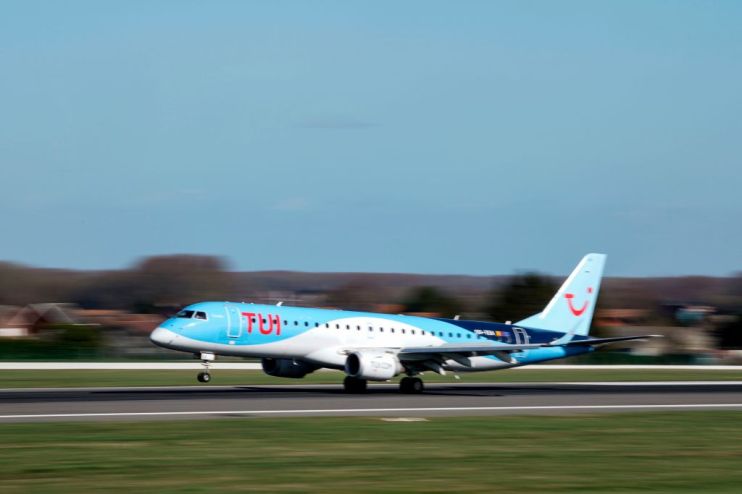TUI expects summer boost after pandemic pushes holiday giant into ‘fragile’ position

The world’s biggest holiday company has announced a €699m loss during its first financial quarter as lockdowns severely limited demand for fights over the festive period.
The results signal a difficult year for TUI, whose operations have been battered by the coronavirus pandemic.
Cautious optimism
Despite the challenges, the group remains confident in a strong summer season if vaccinations are rolled out quickly.
CEO Fritz Joussen said: “Vaccinations and rapid tests make an end to the standstill in tourism possible.
“I am hopeful that after a slow start, more energy is now being put on vaccination and the availability of rapid tests in other countries.
“We should do everything we can to quickly return to basic freedoms and make travel possible again.”
Summer bookings
TUI has recorded a total of 2.8m bookings for summer 2021, around 56 per cent of the 2020 figure.
The travel company has also implemented its third coronavirus financial package worth €1.8bn.
Joussen added: “The more determinedly the vaccination campaigns are implemented, the faster we can return to true freedom to travel.”
Market response
According to Susannah Streeter, a senior investment and markets analyst at Hargreaves Lansdown, TUI’s losses show Covid is still a treacherous tide for the global travel industry.
‘’As the world’s largest tourism and travel operator, TUI’s fragile financial position shows Covid-19 is still a treacherous tide threatening to drag the global travel industry’s recovery off course,” Streeter told City A.M. this morning.
She added that a lot rests on the speed of the vaccination programmes being rolled out across Europe.
“Uncertainties are still putting people off spending their hard-earned cash on a week in the sun, especially with travel restrictions still in place.”
TUI has called for rapid testing to be brought in, instead of tough quarantine rules, while the world waits for vaccinations to take effect.
However, despite the uncertainties surrounding infection rates, TUI is still planning to run 80 per cent of its usual summer programme and a deal to help jump-start Greece and the Balearics tourism seasons is also encouraging.
“TUI is slowly turning its face to the sun, with the expectation of vastly better times to come. It’s far from being able to recline on a lounger just yet, but bail outs from the German government and investors mean it has a sizeable spade to dig itself out of another hole, if the tide of infections doesn’t recede as quickly as expected,” Streeter concluded.